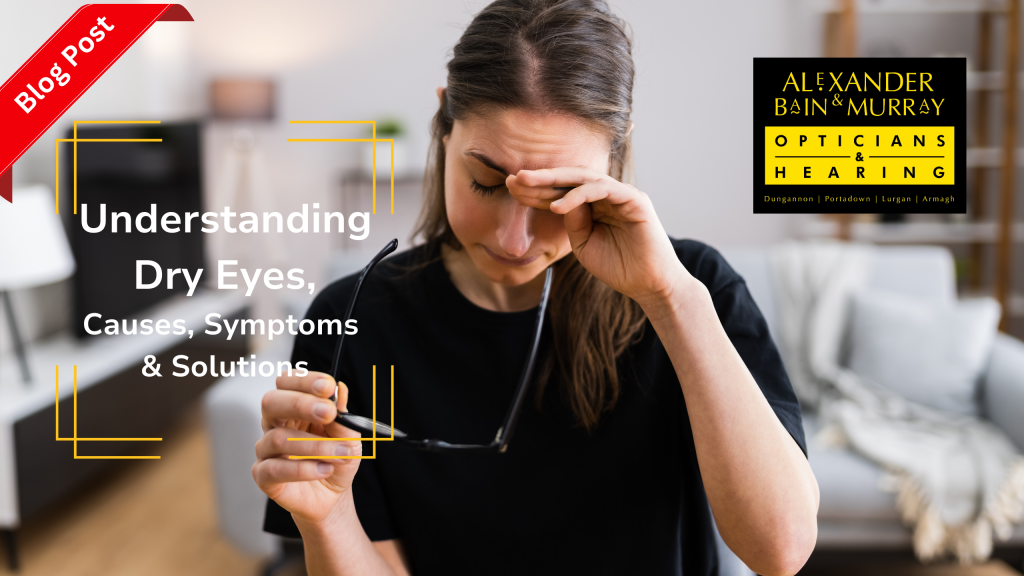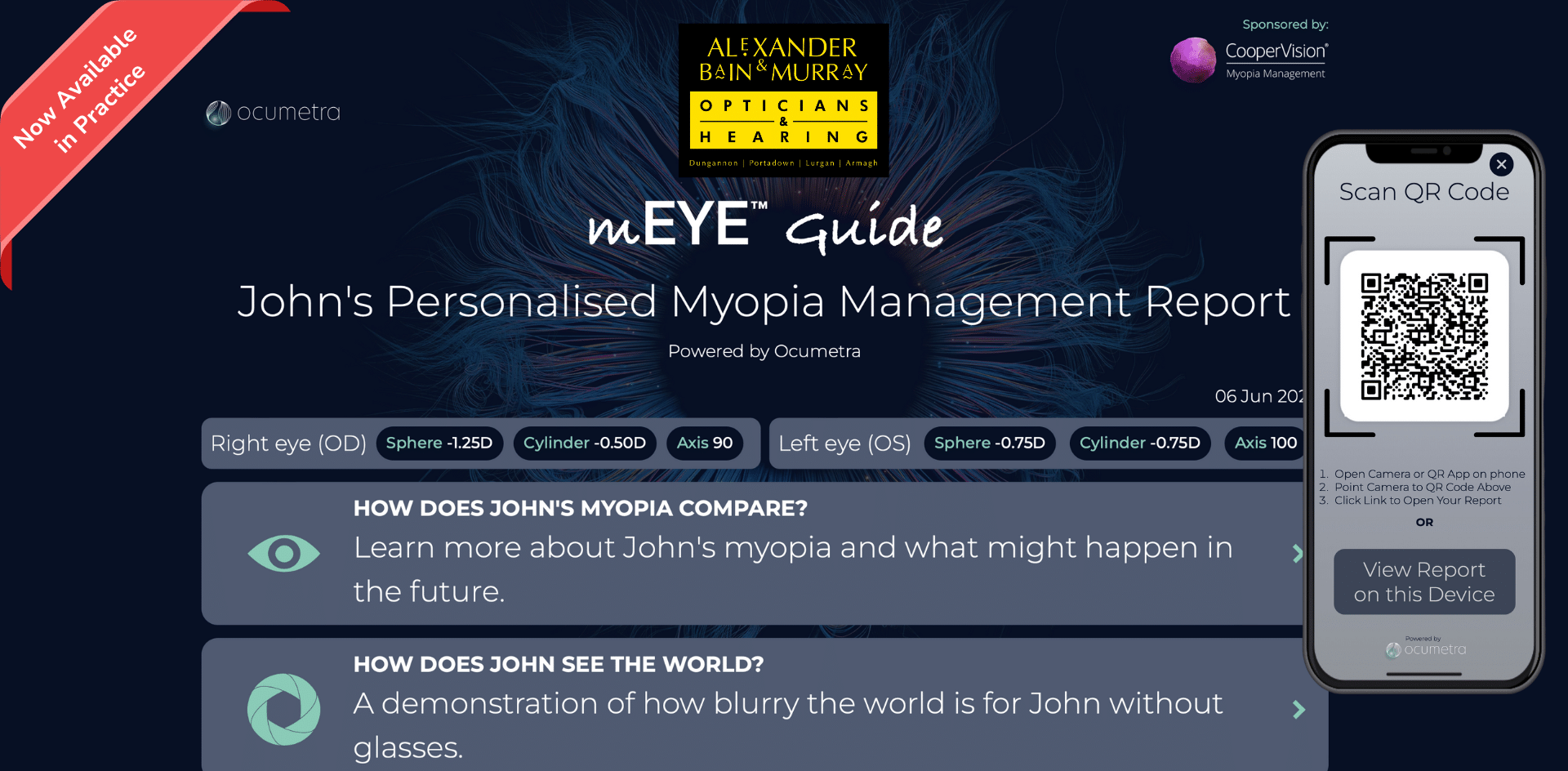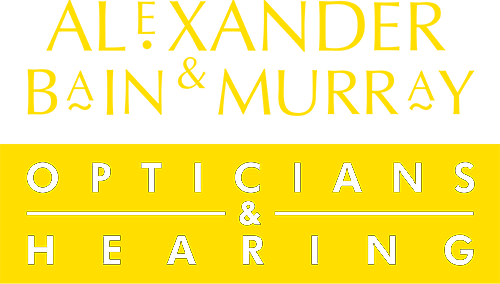Understanding Dry Eyes: Causes, Symptoms, and Solutions
Understanding Dry Eyes: Causes, Symptoms, and Solutions

Dry eyes are a common condition that affects people of all ages, causing discomfort and sometimes impairing vision. As an optician, I often encounter patients struggling with this issue, seeking advice and relief.
In this blog post, we’ll delve into the causes, symptoms, and potential solutions for dry eyes to help you understand and manage this condition effectively.

What Causes Dry Eyes?
Dry eyes occur when your eyes don’t produce enough tears or when the quality of the tears is poor, leading to inadequate lubrication. Several factors can contribute to this condition:
- Age: As we grow older, tear production tends to diminish, making older adults more prone to dry eyes.
- Environmental Factors: Dry, windy, or dusty climates, as well as exposure to air conditioning or heating systems, can increase the likelihood of developing dry eyes.
- Screen Time: Extensive use of digital screens, such as computers, smartphones, and tablets, can lead to reduced blinking, resulting in dry eyes.
- Medical Conditions: Certain medical conditions like diabetes, rheumatoid arthritis, thyroid disorders, and autoimmune diseases can affect tear production.
- Medications: Antihistamines, decongestants, antidepressants, and certain blood pressure medications can interfere with tear production and quality.
Symptoms of Dry Eyes
Recognizing the symptoms of dry eyes is crucial for timely intervention and management. Common signs and symptoms include:
- Irritation and Discomfort: Feeling of dryness, grittiness, or a burning sensation in the eyes.
- Excessive Tearing: Paradoxically, some people with dry eyes experience excessive tearing as the eyes attempt to compensate for the lack of adequate lubrication.
- Redness: Eyes may appear red or bloodshot due to irritation.
- Sensitivity to Light: Increased sensitivity to light, known as photophobia, can be a symptom of dry eyes.
- Blurred Vision: Vision may become temporarily blurred, particularly during prolonged periods of reading, driving, or using digital screens.


Managing Dry Eyes
Fortunately, several strategies can help manage dry eyes and alleviate discomfort:
Artificial Tears: Over-the-counter artificial tear drops can provide temporary relief by supplementing natural tear production and lubricating the eyes.
- Blinking Exercises: Remind yourself to blink regularly, especially during prolonged screen use, to help spread tears evenly across the eyes.
- Humidifiers: Using a humidifier in your home or office can add moisture to the air, reducing the risk of evaporation of tears.
- Eye Protection: Wear wraparound sunglasses outdoors to shield your eyes from wind, dust, and harsh sunlight, which can exacerbate dryness.
- Proper Eyewear: If you wear contact lenses, ensure they’re suitable for dry eyes or consider switching to glasses temporarily to allow your eyes to rest.
- Lifestyle Adjustments: Take breaks during screen time, stay hydrated, and maintain a balanced diet rich in omega-3 fatty acids to support eye health.
- Professional Consultation: If symptoms persist or worsen despite self-care measures, consult an optician or ophthalmologist for a comprehensive eye examination and personalized treatment plan.

Dry eyes can be a bothersome and persistent condition, but with the right approach, you can effectively manage its symptoms and improve your ocular comfort. By understanding the causes, recognizing the symptoms, and implementing appropriate strategies, you can take proactive steps towards maintaining healthy and well-lubricated eyes.
Remember, if you’re experiencing persistent or severe dry eye symptoms, don’t hesitate to seek professional advice from your optician or eye care specialist for tailored treatment options. Your eyes deserve the best care possible.
We have a specialised Dry Eye Clinic in all our practices in Armagh, Dungannon, Lurgan and Portadown.


Getting your kids’ eyes tested over the summer holidays
Getting your kids' eyes tested over the summer holidays can be beneficial for several reasons:…

Blue Light Glasses: The New Essential for All Digital Device Users
Blue light is a wavelength found in many electronic devices and light sources such as…
